

Table of contents:
Living in Japan has long been a dream for many, but the cost of living often raises concerns. Can you truly experience the Land of the Rising Sun on a budget of $2000 USD (around ¥280,000 JPY) a month? The answer is, yes, you can. I know because I've done it. I cannot promise that you will have a great social life on that budget, but it is possible to manage your Japanese yen at that price.
This article touches on the realities of living in Japan on a $2000 monthly budget. Break down expenses, from rent and utilities to food and transportation costs. We'll also explore cost-saving strategies, compare living expenses across different Japanese cities, and weigh the pros and cons of this budget.

1. What is the Average Japanese Salary in 2024?
According to the Japanese Ministry of Internal Affairs and Communications, the average monthly salary in 2024 for households with two or more people is ¥561,495 JPY (about $3,990 USD).
I can tell you from personal experience that is enough to support a family of four outside of Tokyo. However, if you are young or trying to get a foothold on the job market in Japan, the chances are that you won't earn that much.
1.1. Earning $2,000 USD a Month in Japan
Many Japanese companies will decide your pay according to your age. And many of those companies will offer a starting base salary of ¥200,000 JPY ($1,421 USD) a month. They may offer transport and accommodation subsidies, which can come up to around ¥250,000 JPY ($1,777 USD) a month.
1.2. Teachers in Japan Who Earn Less Than $2,000 USD a Month
If you are looking for an English teaching job at a conversation school or as an ALT (assistant language teacher) in a high school, you will most likely be paid between ¥200,000 - ¥250,000 JPY. Teachers on these salaries are complaining that they are afford to live in 2024 due to Japanese price increases.

Popular Articles

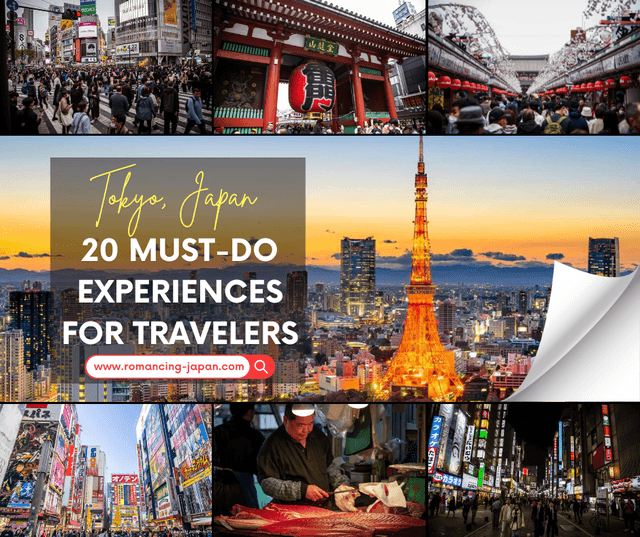
Tokyo Favorites: 20 Must-Do Experiences for Travelers
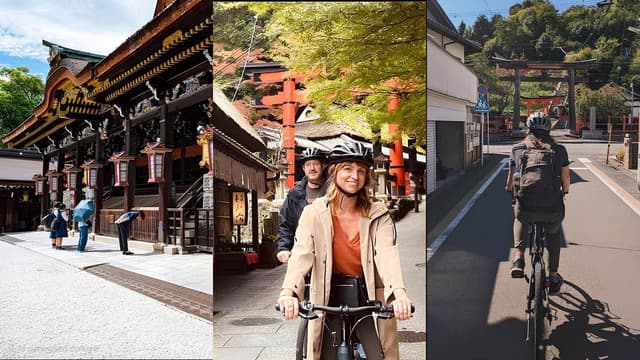
Kyoto Bike Tours: Discover the City’s Hidden Gems with Noru
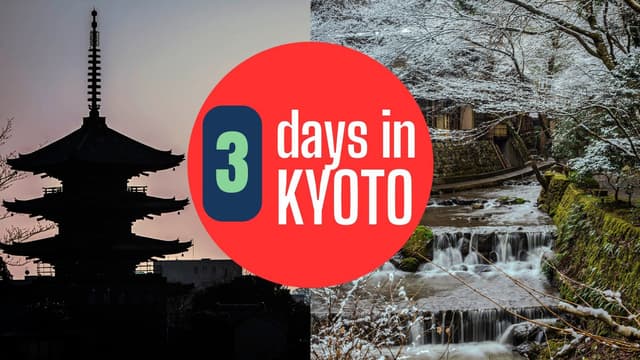
Kyoto 3-Day Itinerary: Best Things to Do for First-Time Visitors

Universal Studios Japan Tickets: Your Guide to Visiting USJ
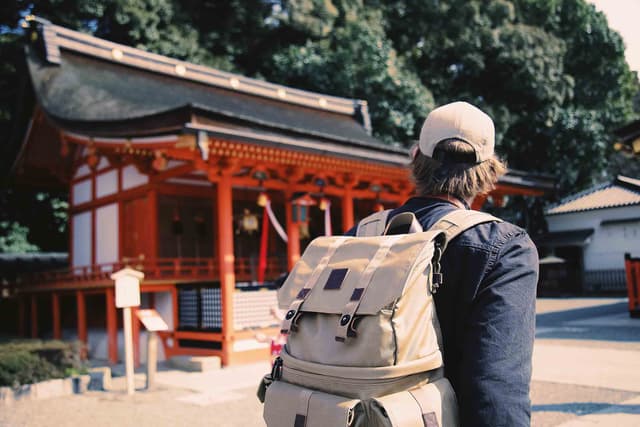
Find Out What Japan Really Thinks of Foreign Tourists

Manga Explained: Top Recommendations for Beginners
2. Breaking Down the $2000 Budget
Living in Japan on a $2000 monthly budget requires careful planning. Here's a breakdown of typical expenses:
2.1. Japan Accommodation on a Budget
Rent varies significantly across cities. In Tokyo, a one-room apartment (20-40 square meters) averages between ¥70,000 to ¥200,000 per month ($500 - $1,425 USD a month).
Remember that living outside of Tokyo has much cheaper cost of living. I live in Kansai region (Western Japan - Osaka, Kyoto, Kobe, Nara, Shiga), and I have friends who have lived in Kyoto apartments that cost around ¥50,000 ($355 USD) a month.
If you want to know more about renting a property in Japan check out our article, A Guide to Renting in Japan.
2.2. Paying for Utilities and Communication
Monthly utilities (electricity, gas, water) average about ¥13,000 for one person. Adding internet and a phone plan might bring this to around ¥20,000-¥25,000 total. When you get a mobile phone, get your internet plan with it. You can save money this way.
2.3. Saving Money on Food and Dining in Japan
If you want to save money in Japan, here's what you do:
- Cook dinner at home. Using leftovers for lunch will help you save!
- Shop at local supermarkets: look for co-op supermarkets. One famous co-op is Gyomu Super (業務スーパー, gyoumu suupaa). These places have great Western groceries not widely available in Japan at real affordable prices.
- Buy lunch from a convenient store (there are cheap snacks, including salad options).
- Eating out occasionally at budget-friendly places. Gyuniku (beef bowl) like Yoshinoya (吉野家) offer meals between ¥500 to ¥1000 ($3.50 - $7.10 USD).
- Going out drinking: Look for restaurants/bars that offer all-you-can-drink and eat (in Japanese, it's called 食べ飲み放題 - tabenomihoudai). For example, there is a popular izakaya bar chain in Japan, called Torikizoku (鳥貴族), that offers this deal for 2 hours to a minimum group of 4 people for ¥3,700 JPY ($26 USD).
A monthly food budget of ¥50,000 to ¥70,000 ($355 - $498 USD) is reasonable for a balanced diet.

2.4. Transportation in Japan
Many companies cover commuting expenses. If not, budget around ¥10,000 to ¥20,000 for local transportation . Cycling is a cost-effective alternative in many cities.
2.5. Learn More About Cost of Living in Japan
There is a lot know about spending your money in Japan. If you would like to learn more check out our article on Japan's cost of living.

3. Comparing Costs Across Japanese Cities
Living expenses in Japan vary significantly depending on the city. Tokyo, the largest city with 14 million residents, has higher costs compared to other major cities. The average monthly rent for a one-bedroom apartment in Tokyo ranges from ¥75,000 to ¥130,000.
In contrast, Osaka, the third-largest city with 2.75 million people, offers more affordable housing options, with similar apartments costing between ¥60,000 to ¥90,000 per month.
3.1. Cost Comparison Table
| Expense Category | Tokyo | Osaka | Kyoto | Fukuoka |
| Rent (1-bedroom) | ¥78,596 ($544.61 USD) | ¥62,656 ($434.04 USD) | ¥58,550 ($405.64 USD) | ¥60,444 ($418.76 USD) |
| Meal (mid-range restaurant) | ¥1,500-¥2,500 | ¥1,000-¥2,000 | ¥700-¥2,000 | ¥700-¥2,000 |
| Transportation (single ride) | ¥200-¥300 | ¥200-¥280 | ¥200-¥280 | ¥200-¥280 |
Kyoto, famous for its cultural sites, has a cost of living comparable to Osaka, but better access to open spaces and traditional sights.
Fukuoka, located in southern Japan, offers an even more budget-friendly option with living costs 21.71% lower than Tokyo. These variations allow expats and students to choose a city that fits their budget while experiencing Japan's unique culture and lifestyle.
4. The Pros and Cons of Living on $2000 a Month in Japan
Living in Japan on $2000 a month can be challenging but possible, depending on location and lifestyle choices. The average monthly cost of living for a single person in Japan is around ¥166,000 ($1,500) . This budget allows for basic expenses but may limit savings and luxuries.
4.1. The Pros :
- Affordable housing options in rural areas or shared accommodations.
- Efficient and cost-effective public transportation.
- Access to inexpensive, healthy food options
4.2. The Cons:
- Limited funds for entertainment and travel.
- Potential financial strain in major cities like Tokyo.
- Difficulty saving for long-term goals or emergencies
Ultimately, $2000 can provide a modest lifestyle in Japan, but careful budgeting and cost-saving strategies are essential for comfortable living.
5. Conclusion
Living in Japan on a $2000 monthly budget is doable, but it requires careful planning and smart choices. By adopting cost-saving strategies such as smart grocery shopping and using economical transportation, it's possible to make the most of this budget.
While $2000 a month can cover basic needs, it may limit luxuries and savings opportunities. This budget allows for a modest lifestyle, especially in smaller cities or rural areas. However, it's crucial to weigh the pros and cons, considering factors like location, lifestyle preferences, and long-term financial goals before deciding to live in Japan on this budget.
FAQs
Can you live in Japan with $2000 a month?
Yes, you can live in Japan with $2000 a month, especially in smaller cities or rural areas. In big cities like Tokyo, it might be tighter, but with careful budgeting, it’s possible to cover rent, food, transportation, and other essentials.
How much do I need to live in Japan for 1 month?
On average, you need around $1500–$2500 per month to live comfortably in Japan. Costs depend on your lifestyle and location, with big cities being more expensive than rural areas.
What is the average rent in Japan?
The average rent in Japan ranges from $400–$1200 per month. Smaller cities and rural areas are cheaper, while rent in Tokyo and Osaka is on the higher end of the range.
Is food expensive in Japan?
Food in Japan is reasonably priced. Groceries for one person may cost $300–$500 per month. Dining out is affordable too, with meals at local restaurants starting at around $5–$10.
How can I save money living in Japan?
You can save money by cooking at home, using public transportation instead of taxis, and shopping at 100-yen stores. Consider living in smaller cities where rent and utilities are cheaper.
Loading Comments...

James Saunders-Wyndham
I've been immersed in Japanese culture and daily life for over 30 years and am proud to call Japan my home. Originally from Australia, my journey has taken me from teaching at Japanese universities to traveling extensively across the country, uncovering its hidden gems. As a web developer, I built Romancing Japan from the ground up to share these experiences with you. Whether it's the charm of old Kyoto, the pulse of Tokyo, or the tranquility of the countryside, I love helping others discover the magic of Japan—one story at a time.
Popular Articles
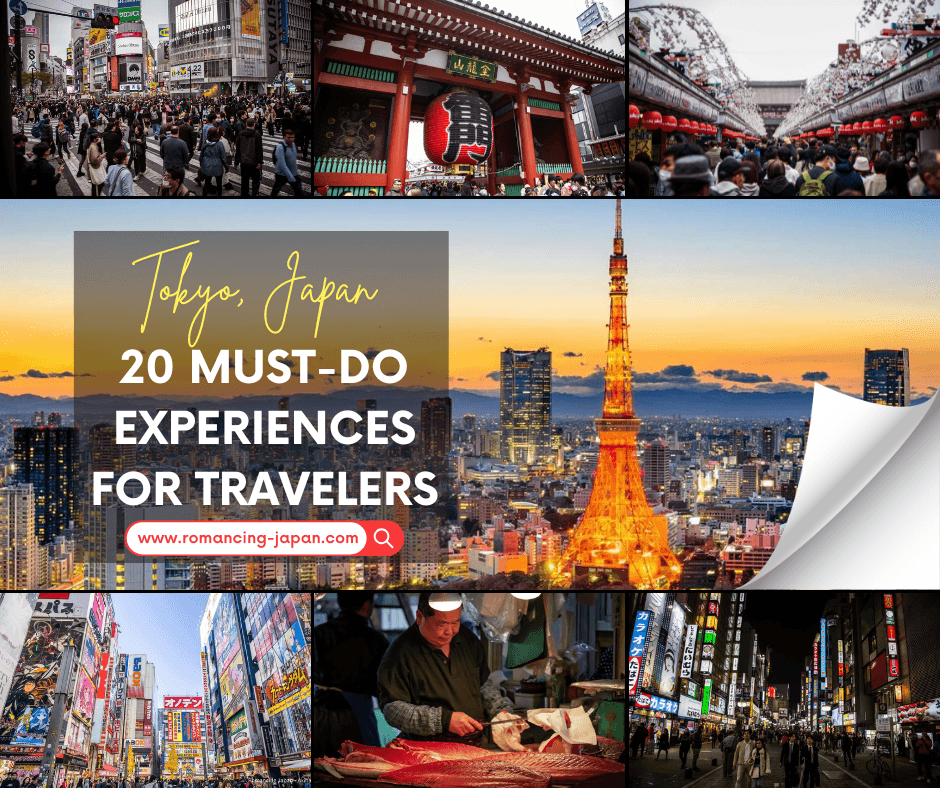
Tokyo Favorites: 20 Must-Do Experiences for Travelers
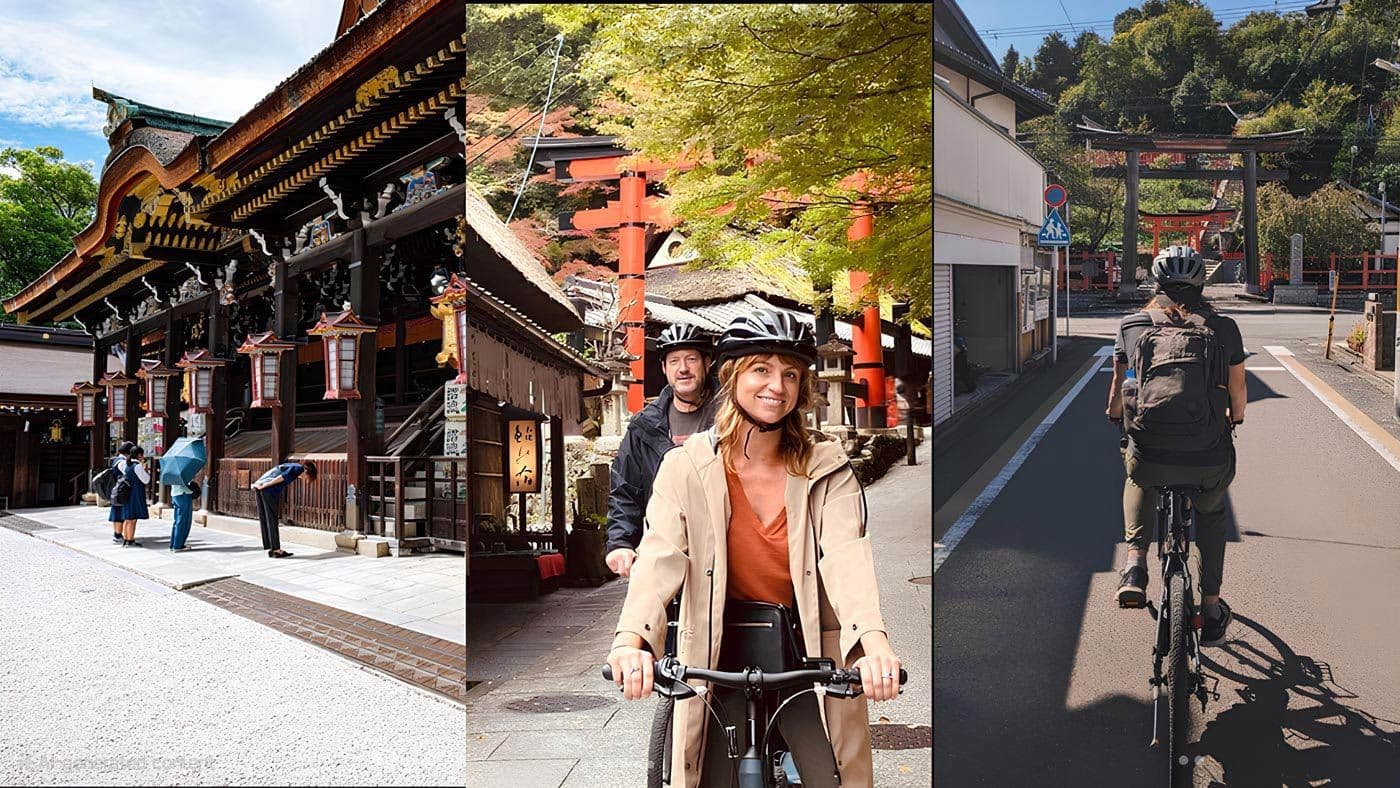
Kyoto Bike Tours: Discover the City’s Hidden Gems with Noru
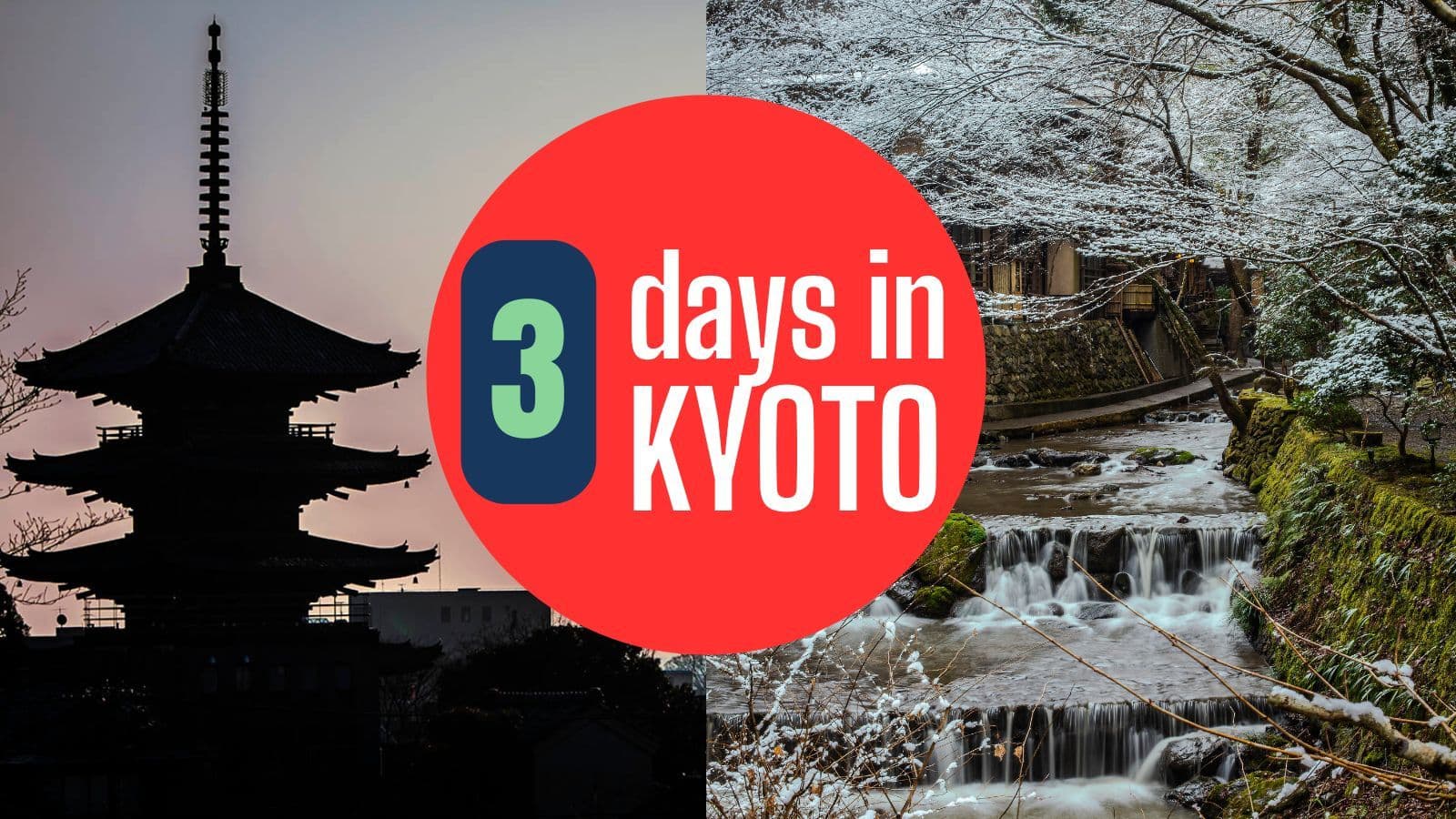
Kyoto 3-Day Itinerary: Best Things to Do for First-Time Visitors

Universal Studios Japan Tickets: Your Guide to Visiting USJ
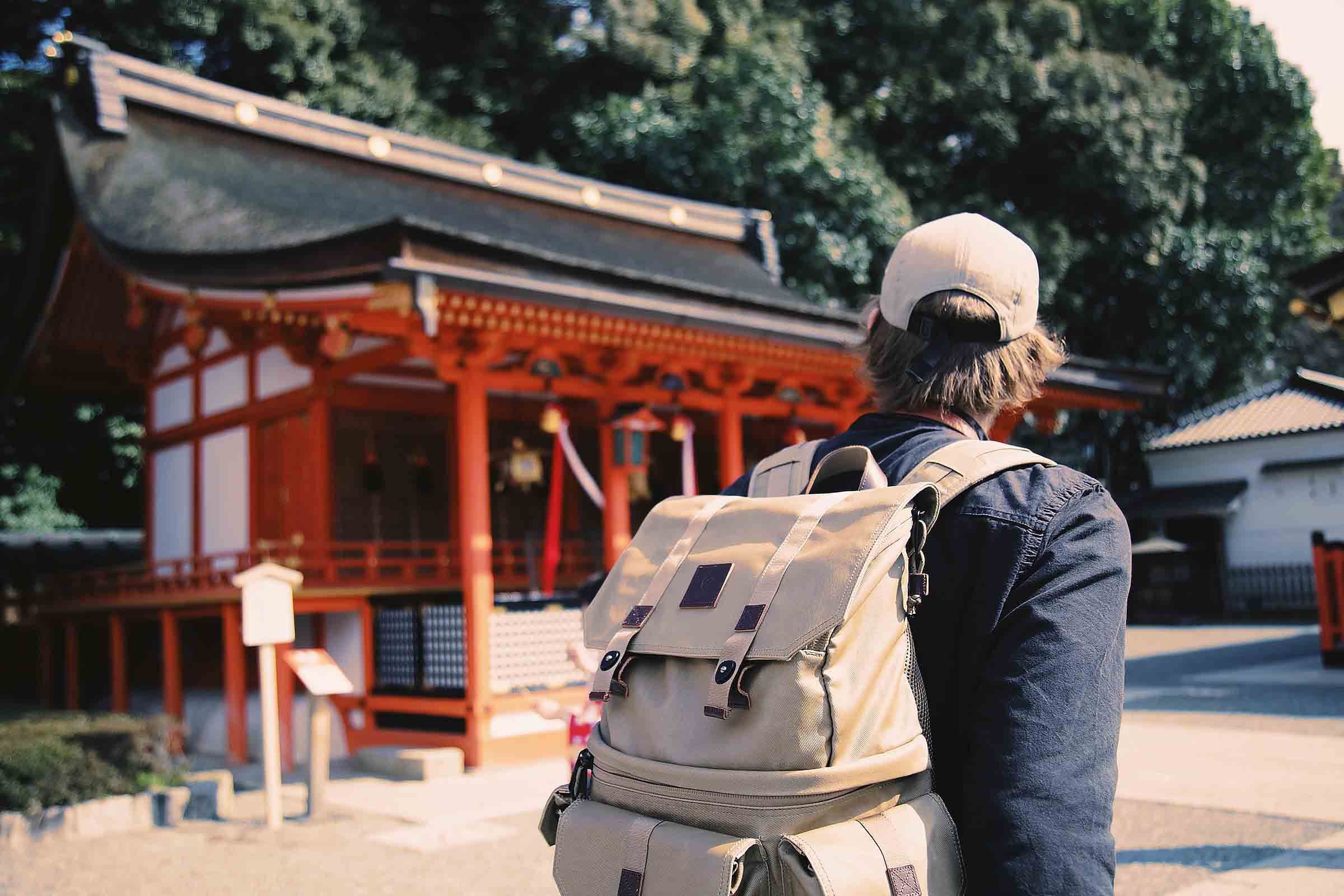
Find Out What Japan Really Thinks of Foreign Tourists
